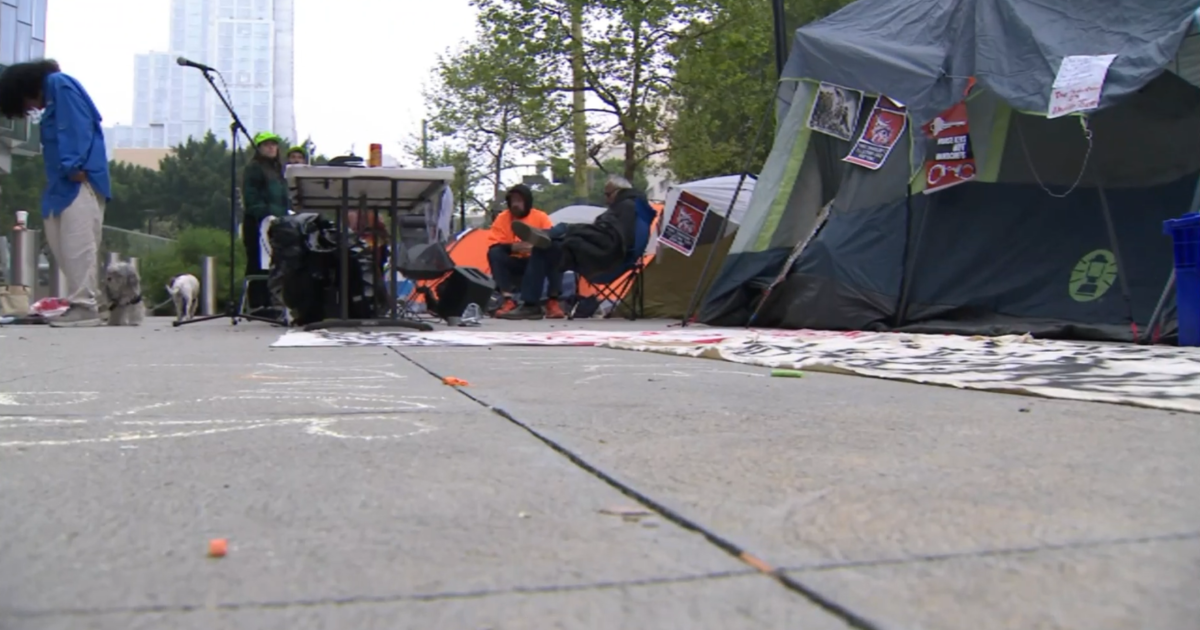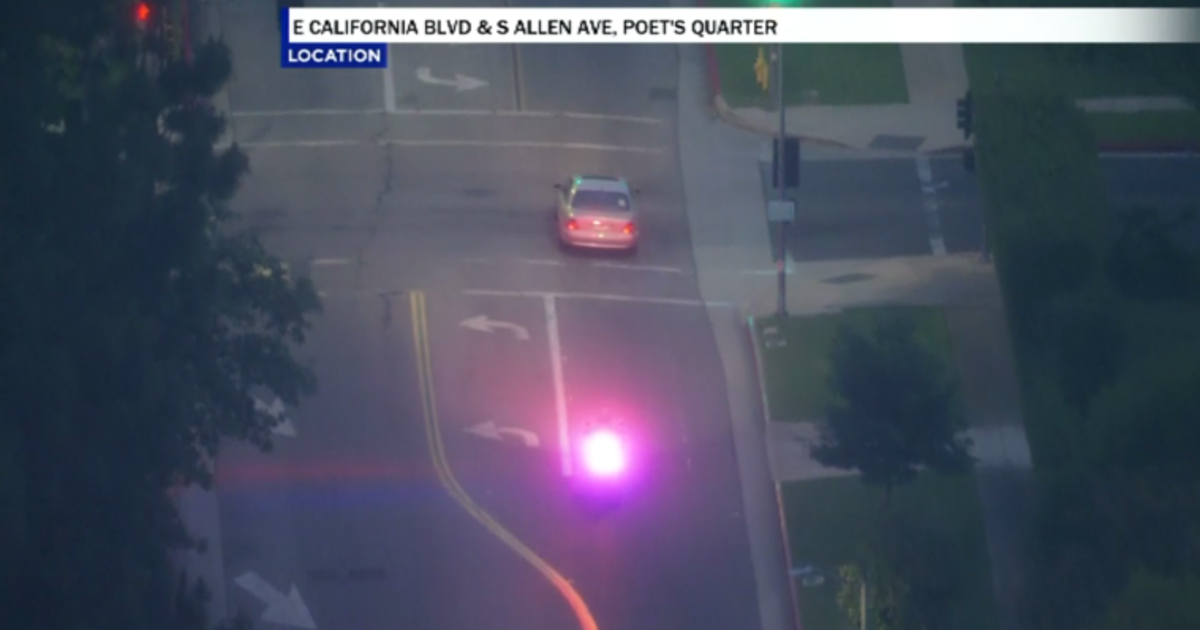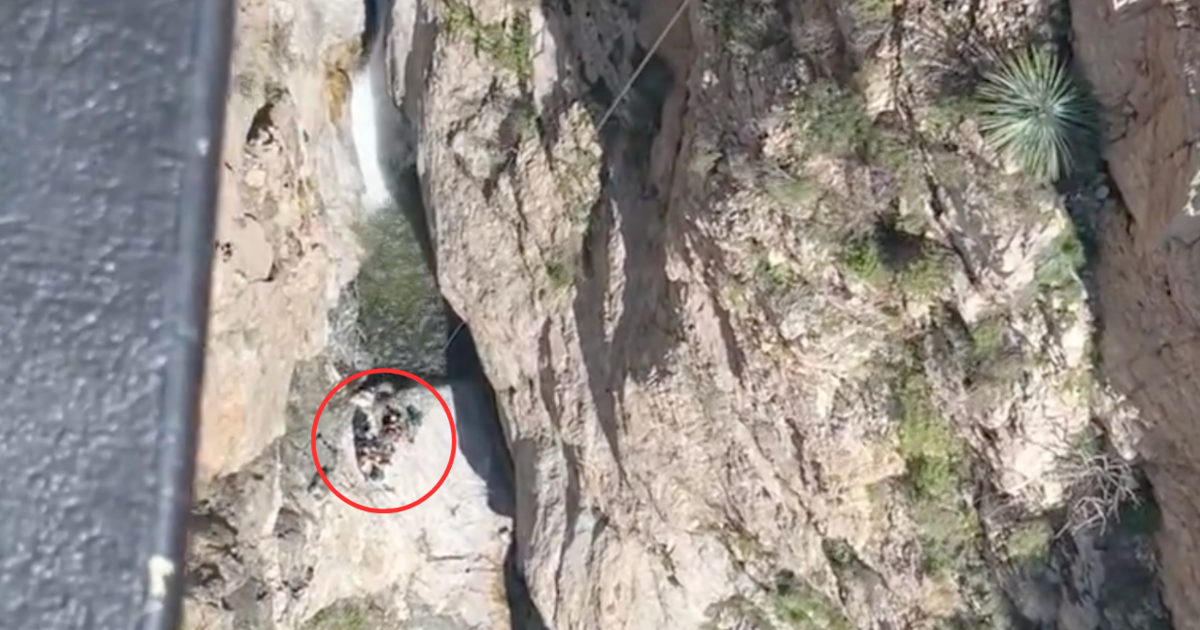Southland Scientists Optimistic Over Ebola Serum Discovery
SANTA ANA (CBSLA.com) — Scientists at the Southern California research center taking on the Ebola virus are encouraged by a potentially paramount discovery.
CBS2's Stacey Butler was able to gain access to the Ebola Research Laboratory in La Jolla, where researchers say they may have found a cure, under development in San Diego.
Kent Brantly, an American missionary infected with the Ebola virus, stunned the nation over the weekend, when he walked under his own power out of an ambulance and onto American soil, just days after he was expected to die from the virus after helping those suffering from the disease in Africa.
Erica Ollman Saphire, a molecular biologist at the Scripps Laboratory, played a pivotal role in developing the highly experimental serum he took, which may have ultimately saved his life.
"It was incredible; I couldn't believe it," Saphire said. "At first, I thought it had to be one of the medical personnel. I expected him to come out on a stretcher; I didn't think he would get out and walk."
The Centers for Disease Control and National Institutes of Health connected the Christian aid group to Mapp Biopharmaceutical Inc. in San Diego, which developed the treatment but had only tested it on monkeys until now.
The vials of the serum, containing antibodies and stored in a freezer, were flown to Africa in order to treat Brantly, according to Saphire.
He is now said to be recovering.
The serum, dubbed the "ZMapp cocktail," contains three antibodies. One antibody alerts the immune system to destroy the virus, while the other two prevent the virus from sparking infection. Saphire compares the serum to an antivenom.
While human trials were not due to begin for another year, supplies of the serum and antibodies are few. However, with the recent outbreak of the Ebola virus, researchers in San Diego, as well as those around the world, are looking to speed up production of the serum.
"We now have a global collaboration, with 25 labs across seven countries," Saphire said. "They're putting their antibodies in to figure out how we can make something even better."
While hundreds in Africa have been infected with the Ebola virus, the two American missionaries who have thus far received the serum did so because they reportedly have the specific strand of Ebola that the serum was designed to treat.



